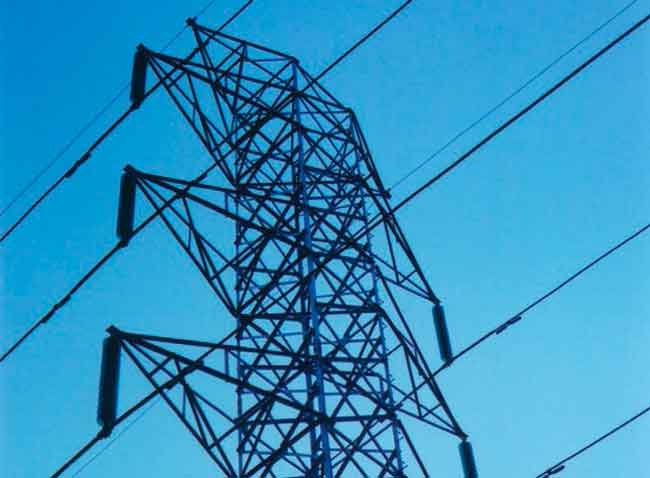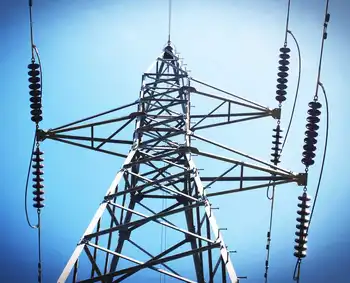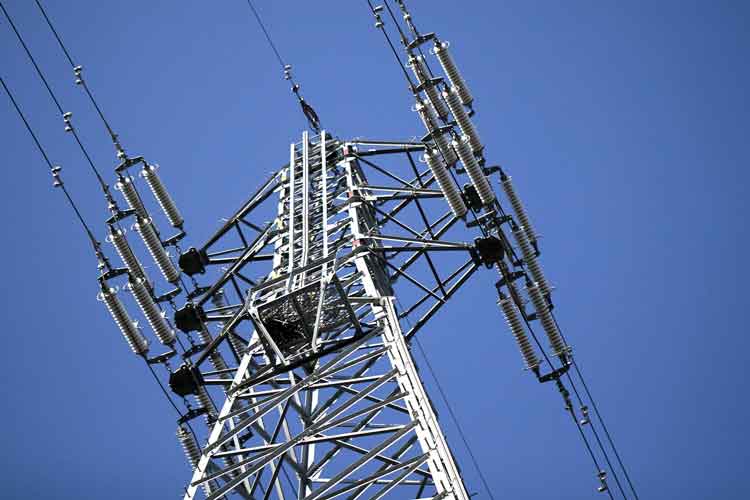Emissions goal to ease rate hike
By CBC News
Arc Flash Training CSA Z462 - Electrical Safety Essentials
Our customized live online or in‑person group training can be delivered to your staff at your location.

- Live Online
- 6 hours Instructor-led
- Group Training Available
In June, the electrical utility said it wanted to increase power rates in 2011 to offset the cost of clean-burning coal.
Premier Darrell Dexter announced the government will extend the deadline for achieving an emissions cap for mercury until 2014. The limit was supposed to be in place by the end of this year.
The utility had suggested it would need to increase power rates between 12 and 18 per cent next year, in part to meet stricter emission standards.
Dexter says he's convinced giving Nova Scotia Power four years to clean up its emissions will mean a smaller increase in the price of electricity. However, he doesn't know how much the increase might be reduced.
"What we do know, of course, is they've said it is a substantial amount of the increase that they have to deal with," he said. "And I've heard different numbers associated with it, but I'm not prepared to speculate on what the overall effect of this will be on the rate case."
The province will have an even lower emissions cap ready in 10 years time, lower than its first target, Dexter said.
NS Power will also be required to make up for any emissions over 65 kilograms per year and submit a plan on how that will be accomplished.
"Nova Scotia Power has agreed to look at a change in their technology in order to reduce costs, make electricity more affordable and ensure the province meets its mercury emission targets," said Dexter.
A number of business and community groups met with Energy Minister Bill Estabrooks earlier this month to outline their concerns about the proposed increase.
Estabrooks dismissed any potential critics of the change.
"I make no apologies for it," he said. "I'll put people first and that's what we did in this case in the short term. In the long term, there's targets there that we say we're going to meet and time will tell. I understand what the environmentalists will say."
Estabrooks said people might complain that another government didn't reach its targets, but "give us some time, we'll see what happens in 2020."
The Ecology Action Centre, however, argues that the Dexter government is putting short-term gain ahead of long-term goals.
"Unfortunately, it doesn't appear that they have had an appropriate foresight and what the bigger picture of all this is, which is about meeting aggressive emissions reductions targets and phasing out of coal in Nova Scotia," said Brennan Vogel, with the centre.
The Nova Scotia Utility and Review Board has scheduled a hearing for October to make a final decision on whether the January 2011 rate increase will be allowed.











